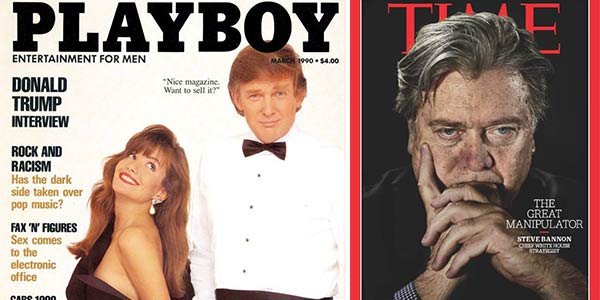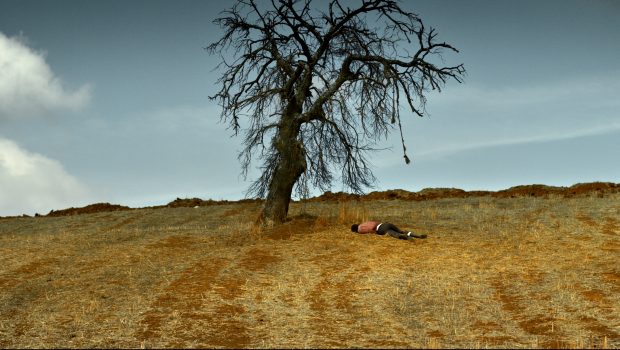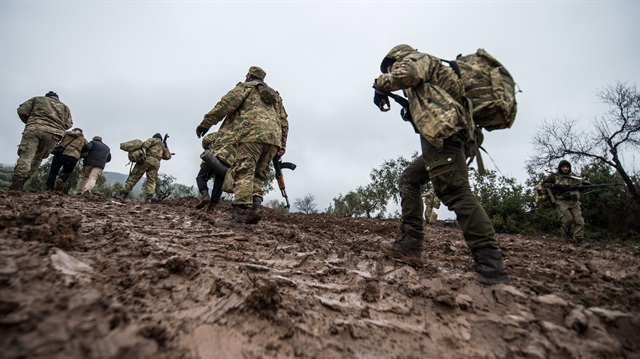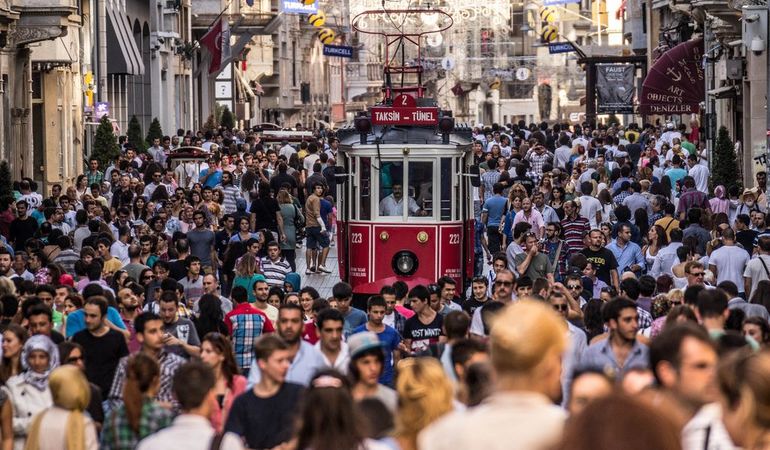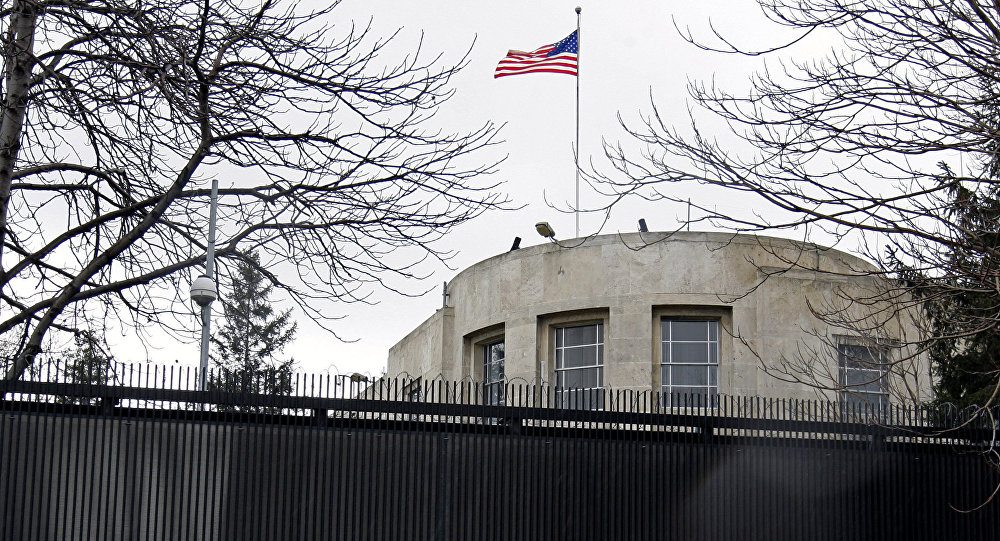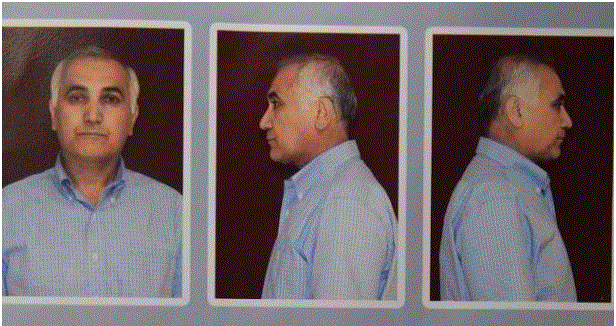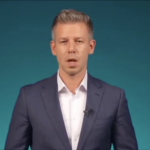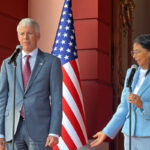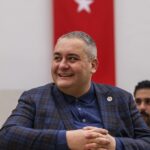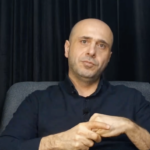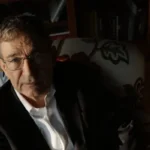Leaving aside those that have turned artificially pro-Trump, other, more perceptive and concerned Turkish commentators would do well to take serious note of an extremely disturbing aspect of Trump’s presidency that has been brushed off in the rush to embrace the “anti-Obama” dimension: Trump is acting as the face for a political movement that is both racist and Christian-nationalist. Trump, in other words, is only the route through which others, who would normally have no chance to gain serious political power in the U.S. political system, have managed to enter the corridors of power.
Trump’s Turkish admirers say nothing about Trump’s personal life because doing so would quickly expose what kind of accomodation they are engaged in. As I have explained in the previous articles, Trump’s fans in Turkey are generally supporters of President Erdoğan, and, deceived by a mirage on a distant horizon, mistakenly try to see or contrive a positive parallel between the two men. This means, of course, that they are usually from the center-right of the Turkish political spectrum, and maintain a conservative perspective that should at least be compatible with their readers’ religiosity (even if they themselves might not be real Muslims). But Trump is an infamous philanderer, and has been so since the 1980s, when his apparent “Animal House” (1) lifestyle was one of the things that brought him to the American public’s attention. Trump has led a proudly dissolute existence, which is where the misogynist aspect of his character fits in. I have yet to see the Turkish press devote any serious attention to this issue.
That Trump can act as the front for a conservative movement in America is equally baffling, of course, but his personal characteristics — or, more accurately, vices — are actually attractive for some U.S. conservatives. There’s no room here for an analysis of why that is the case, but part of the reason is his macho, hence anti-feminist appeal, while another part is that his character is not actually so important. He’s only the mask for an extremist U.S. political movement that has ridden his coattails into the U.S. Presidency.
As an illustration, think back to the political reality under the George W. Bush administration. While Bush was president, it was clear that he was seldom if ever in actual control of his administration. Instead, Vice President Dick Cheney (2) and the neo-conservative cohort (3) that gained access to power through the administration were ascendant for most of the eight grim, violent years that the world was saddled with “W” Bush. At this point Trump looks to be steering clear of the neo-conservatives, and John Bolton, to everyone’s relief, has so far failed to end up in the State Department, or as U.S. Ambassador to the U.N., or as National Security Advisor. But this does not mean that no one else is crowding in through the door that Trump’s election opened wide. And those that Trump is ushering into power are in many ways more frightening than the neo-conservatives.
Most Turkish pundits are actually aware of the anti-Muslim comments from Trump and various members of his team, as well as Trump’s xenophobic pandering to the anti-immigrant right-wing (4). How can they not be? But whether they choose to ignore those comments currently determines, and is determined by, their attitude towards the new U.S. president (5). What is far less understood in Turkey is the role of Stephen K. Bannon (6), the person who was put in charge of Trump’s campaign, who then became Trump’s White House chief strategist, and who, finally, in a highly controversial move, was made a member of the National Security Council’s crucial Principals Committee.
Bannon was the director of the Breitbart radical right-wing news website. The euphemism that Bannon, Breitbart, and similar figures or news sources on the U.S. extreme right use for themselves is “alternative-right” (7). This “alt-right” is fundamentally racist. But just as importantly, they see a religious component to their racism, which is one reason why they have an ally in Vladimir Putin.
Predictably, the U.S. alt-right are generally Protestants, but with some Catholics mixed in. That fact alone points toward the issues that provide ideological unity. For this movement, the important point is that they are (or should be) Christian and “white”; confessional differences are subsumed by the racism and xenophobia that provide their general intellectual framework. Trump’s constant focus on immigration is what, in U.S political parlance, is called a “dog whistle” (8): he keeps referring to an issue which his supporters understand as a reference to racial attitudes despite the lack of a direct, overt espousal of racism. So how do Putin, the Russian Orthodox Church, and Great Russian Nationalism find a friend in Trump?
Anyone who has watched the 2014 film Leviathan (9) by Russian director Andrei Zvyagintsev should have understood clearly the role that the Russian Orthodox Church plays in the country’s current political atmosphere. The plot revolves around the scheming of a highly-corrupt, mafiaesque local politician called Vadim, in a “nowhere” canning town on the Barents Sea coast near Murmansk, to dispossess a local resident of his house and property in order to construct a flashy new church. This is despite the fact that there is already a ruined church, and thus its property, in the town. A photo of a slyly smiling Vladimir Putin hangs on Vadim’s office wall, while in another scene the other main characters drunkenly fire with guns at similar portraits of ex-Russian and ex–Soviet premiers. The film’s message? The “New Russia” is being built on the bones of its oppressed but vice-ridden citizens — through a system in which rule of law is present only in form, not in implementation, and in which only the violently strong or the prudently meek can survive, taking out their frustrations through inebriation and/or violence against inanimate objects or, morw wickedly, the less powerful (10). Presiding over this wreckage-strewn scene is the Russian Orthodox Church, the local patriarch of which keeps prodding Mayor Vadim into violence.
Recent articles corroborate this understanding of Russian politics (11), although this trend has been clear to people paying attention to Russia over the past ten to fifteen years. For example, figures like Vladimir Zhirinovsky are not at all new; the difference seems to be that it is Putin who has moved closer to them (12), and begun actively funding and supporting groups with similar viewpoints. On the one hand, this looks like an effort to bring the incredibly diverse reality of Russian society under an overarching ideological umbrella, though a unilateral emphasis on the Orthodox Church ignores Russia’s large Muslim element. On the other hand, Putin is clearly reacting to the reverses Russia suffered in the 1990s and in the early years of the 21st century when, in the aftermath of the USSR’s disintegration and NATO interventions in the Balkans, pro-Western political movements shook a number of former Soviet-bloc states.
Putin’s counter-attack is multifaceted, and seems to have caught the U.S. just at the point when imperial complacency was settling in. Starting a decade ago, Russia initiated a new information warfare that has both covert (hacking, electronic spying) and overt (Russia Today, Sputnik, Wikileaks) dimensions. Russia’s digital warfare, by most accounts, did have a hand in weakening Hillary Clinton’s presidential campaign. Politically, Putin has worked on a number of efforts to build bulwarks against encroaching Western influence, and even added explicit military dimensions through interventions in Georgia (South Ossetia), Ukraine (Crimea as well as Donetsk and Luhansk in the east), and Syria.
So maybe the U.S. alt-right should be understood as an updated version of the Cold War fellow travelers the USSR tried to cultivate (13)? But even at this point, the alt-right is far more successful than the CPUSA, or Henry Wallace’s naïve pro-Soviet sympathizers, ever were. And Turkish political commentators need to give careful attention to the alt-right movement — their overt racism, Christian-nationalism and xenophobia is the ideological basis of Trump’s presidency. Ignoring or downplaying this reality won’t make it disappear.
(to be continued)
NOTES
(1) https://en.wikipedia.org/wiki/Animal_House
(2) http://www.politico.com/story/2016/12/dick-cheney-trump-surrogate-232746; https://www.sarasotamagazine.com/articles/2017/1/23/dick-cheney-sarasota; http://www.politico.com/story/2017/02/dick-cheney-mike-pence-235248
(3) https://en.wikipedia.org/wiki/Neoconservatism
(4) Trump’s anti-immigrant plans are far more draconian and inhumane than Obama’s: https://www.nytimes.com/2017/02/21/us/politics/dhs-immigration-trump.html?_r=0; http://www.politico.com/story/2017/02/trump-undocumented-immigrants-crackdown-235224; http://www.politico.com/story/2016/12/michael-flynn-conspiracy-pizzeria-trump-232227; http://www.vox.com/2016/5/6/11592604/donald-trump-paleoconservative-buchanan
(5) The reality is that Arizona Senator John McCain, eight years ago the Republican “rogue” candidate for President, is now that party’s voice of reason: http://www.politico.com/story/2017/02/trump-reality-promises-235198; https://www.nytimes.com/2017/02/19/us/politics/john-mccain-donald-trump-critic.html?ribbon-ad-idx=4&rref=politics&_r=0
(6) https://en.wikipedia.org/wiki/Steve_Bannon; http://www.politico.com/magazine/story/2017/02/steve-bannon-books-reading-list-214745; https://www.washingtonpost.com/news/josh-rogin/wp/2017/01/19/inside-trumps-shadow-national-security-council/?postshare=6261484950164515&tid=ss_tw&utm_term=.84f1314fa28b; https://www.nytimes.com/2017/02/22/us/politics/hr-mcmaster-trump-foreign-policy.html?_r=0
(7) https://en.wikipedia.org/wiki/Alt-right; http://www.politico.com/story/2017/02/cpac-conservatives-milo-yiannopoulos-235251; https://www.nytimes.com/2017/02/21/business/milo-yiannopoulos-resigns-from-breitbart-news-after-pedophilia-comments.html; https://www.nytimes.com/2017/02/21/opinion/milo-is-the-mini-donald.html; https://www.nytimes.com/2017/02/17/us/politics/dr-sebastian-gorka.html
(8) https://en.wikipedia.org/wiki/Dog-whistle_politics
(9) https://en.wikipedia.org/wiki/Leviathan_(2014_film)
(10) https://www.theguardian.com/film/2014/may/29/leviathan-russian-cannes-movie-putin-attack
(12) https://en.wikipedia.org/wiki/Vladimir_Zhirinovsky; http://www.politico.eu/article/putins-holy-war/; a former Washington Post Moscow bureau chief even states that Putin has always been what he is today: https://www.nytimes.com/2017/02/18/opinion/sunday/our-putin.html?hpw&rref=sunday-review&action=click&pgtype=Homepage&module=well-region®ion=bottom-well&WT.nav=bottom-well
(13) https://www.nytimes.com/2017/02/14/us/politics/russia-intelligence-communications-trump.html?_r=0; https://www.nytimes.com/2017/02/14/us/politics/mike-flynn-resign-pence-russia.html; https://www.nytimes.com/2017/02/15/world/europe/russia-intelligence-trump.html?_r=0; https://www.nytimes.com/2017/02/19/us/politics/donald-trump-ukraine-russia.html?_r=0
Yazıyı beğendiysen, patronumuz olur musun?
Evet, çok ciddi bir teklif bu. Patronumuz yok. Sahibimiz kar amacı gütmeyen bir dernek. Bizi okuyorsan, memnunsan ve devam etmesini istiyorsan, artık boş olan patron koltuğuna geçmen lazım.
Serbestiyet; Türkiye'nin gri alanı. Siyah ve beyazlar içinde bu gri alanı korumalıyız. Herkese bir gün gri alanlar lazım olur.




